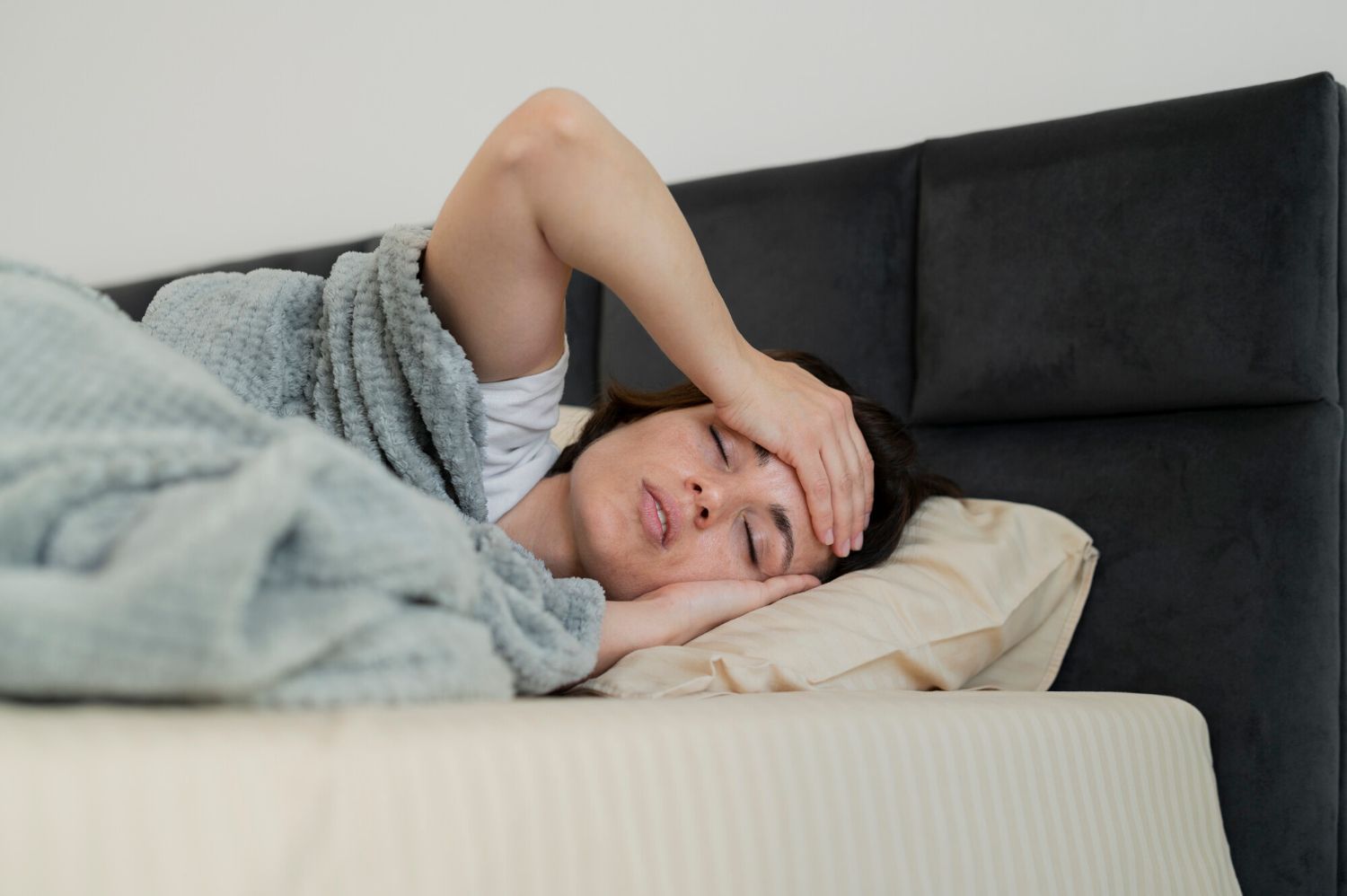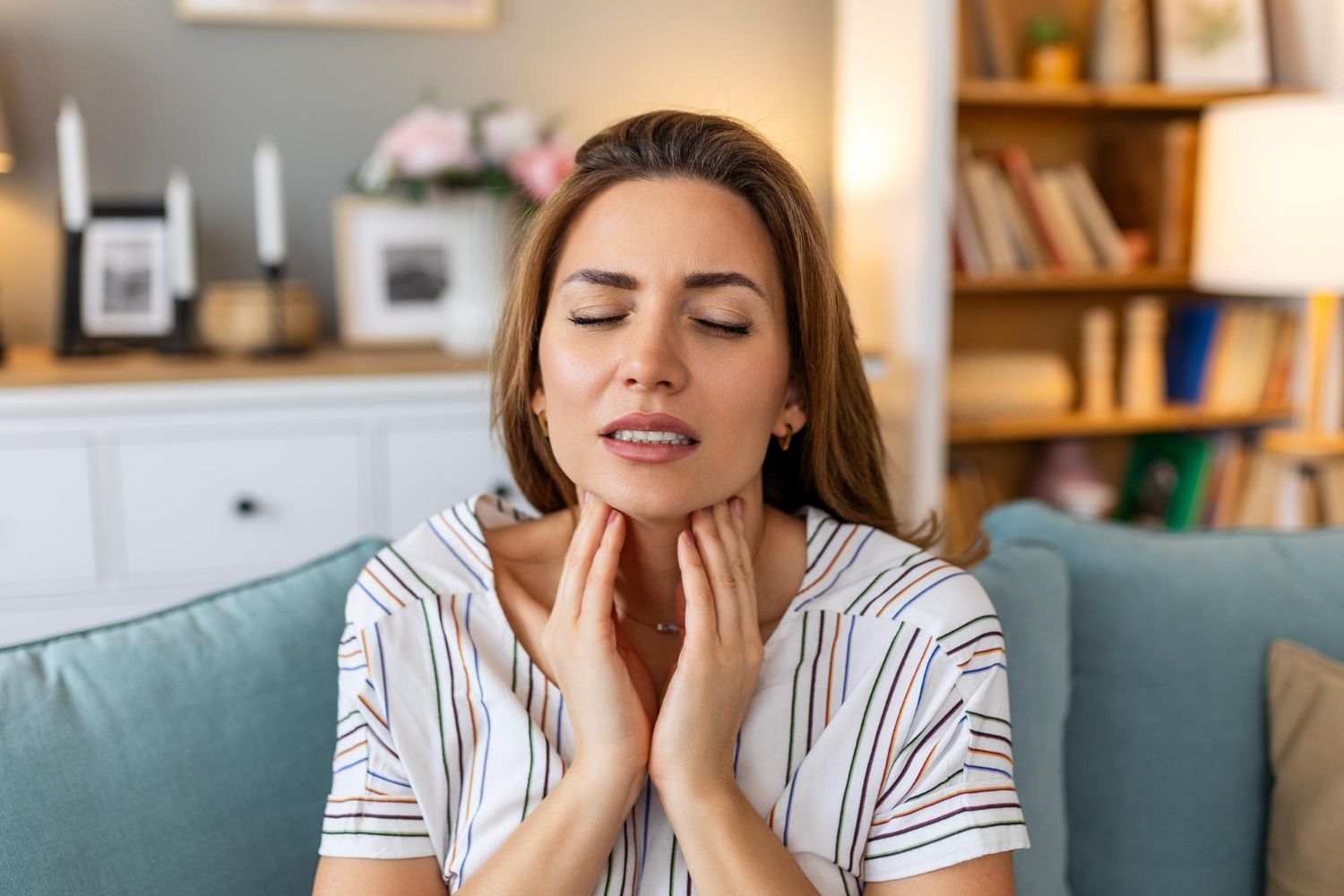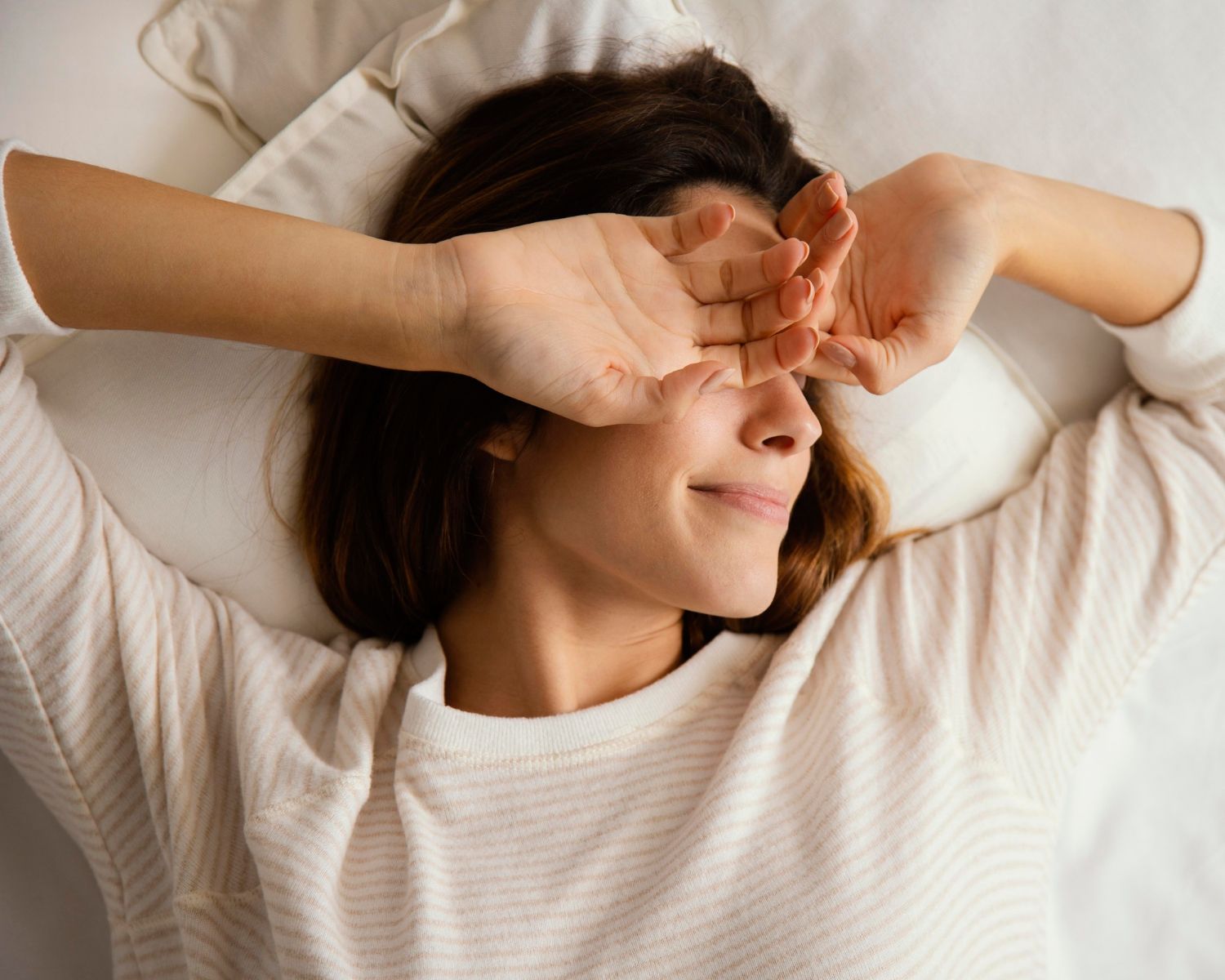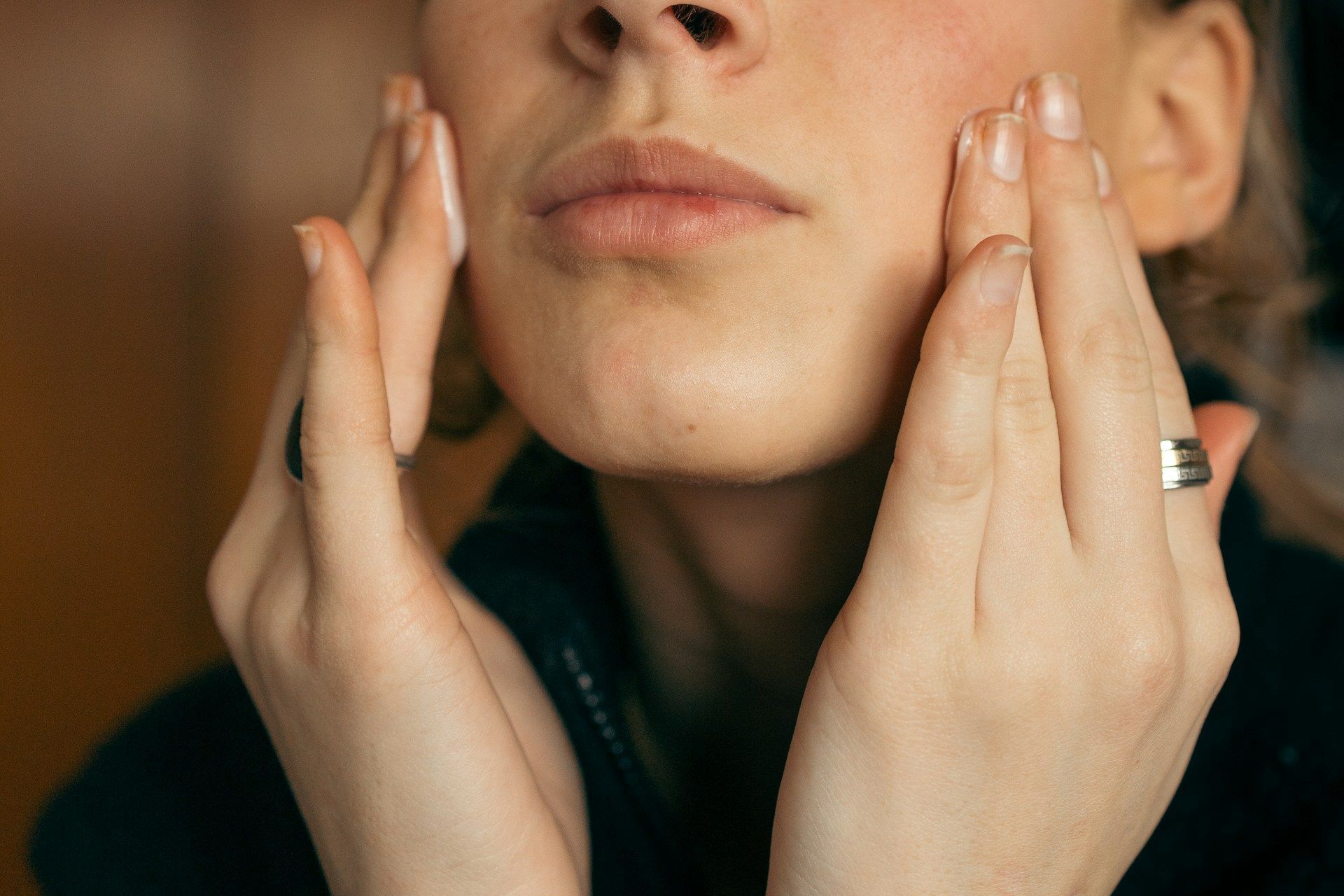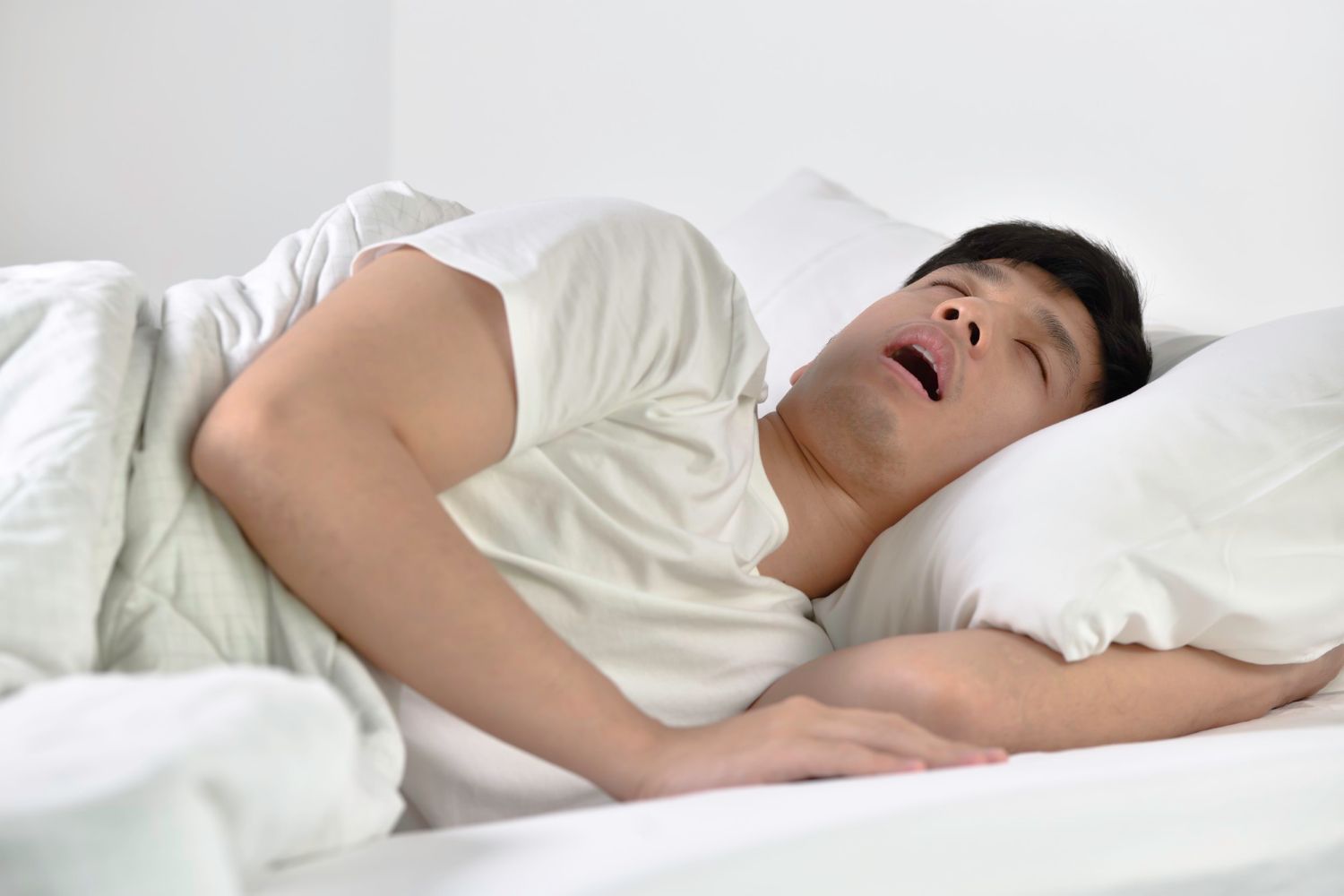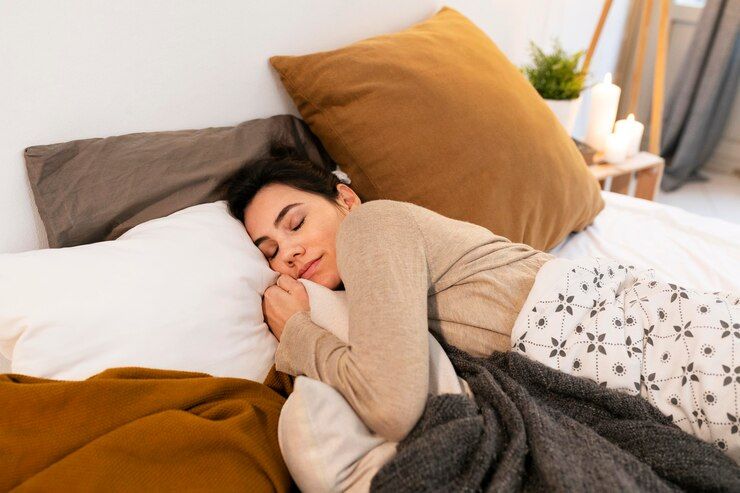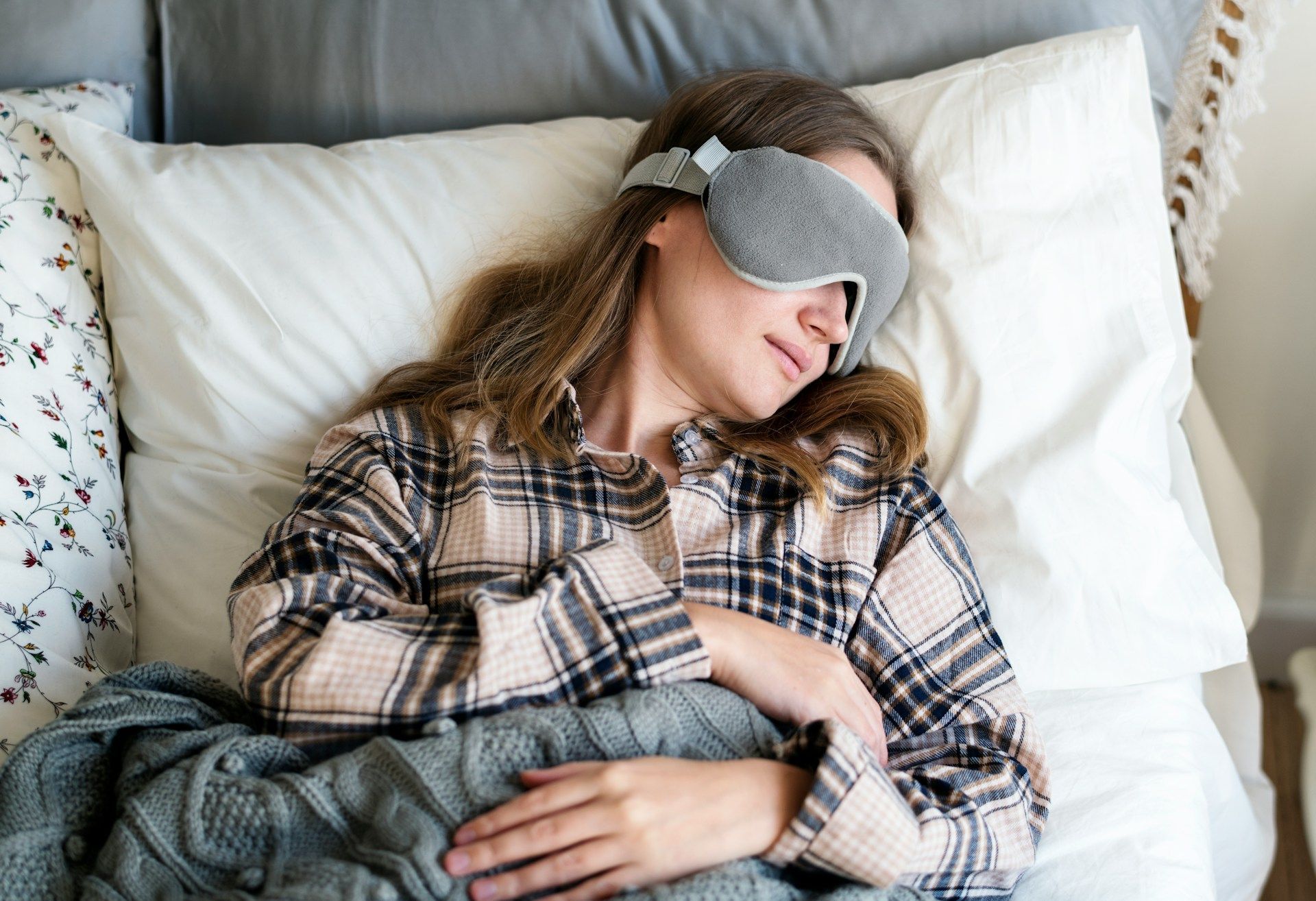Top 5 Sleep Apnea Myths Debunked by The Center For Sleep Apnea and TMJ
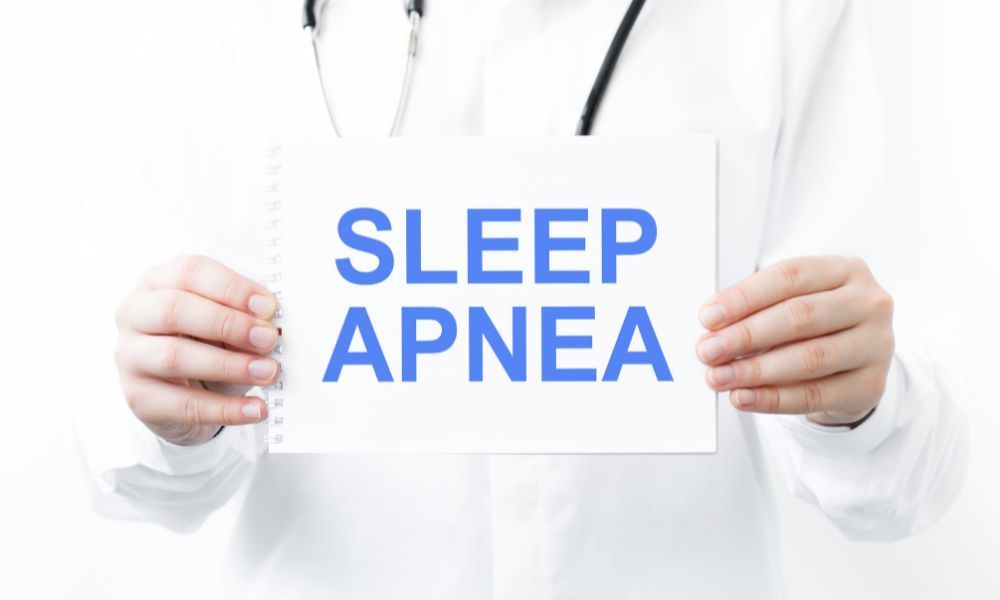
Sleep apnea is a prevalent and often misunderstood sleep disorder that affects millions of people worldwide. At The Center For Sleep Apnea and TMJ, we specialize in providing comprehensive care for individuals suffering from sleep apnea, snoring, TMJ disorders, and head and facial pain. Because sleep apnea is such a common affliction, several myths and misconceptions have arisen about the condition, its causes, and its potential treatments. These myths can make it difficult for those suffering from sleep apnea to recognize their symptoms and seek appropriate care.
In this article, we aim to debunk the top five sleep apnea myths that may be perpetuating misinformation and exacerbating the problem for those afflicted by this disorder. By addressing these misconceptions head-on, we hope to empower those affected to recognize the importance of effective diagnosis and comprehensive treatment. Our team of experts at The Center For Sleep Apnea and TMJ, is committed to providing accurate information and education to help individuals navigate the complexities of sleep apnea and take control of their sleep health.
Myth 1: Sleep Apnea Only Affects Overweight Older Adults
One of the most prevalent misconceptions about sleep apnea is that it only affects individuals who are overweight, male, and middle-aged or older. While these factors do increase one's risk of developing sleep apnea, the truth is that sleep apnea can affect people of all ages, genders, and body types.
Many factors can contribute to sleep apnea, including genetic predisposition, anatomical differences, hormone levels, and lifestyle habits. Even children can be vulnerable to sleep apnea, particularly if they have enlarged tonsils or adenoids. It is essential to recognize that everyone has the potential to develop sleep apnea, and early intervention can make a significant difference in managing the condition effectively.
Myth 2: Loud Snoring Always Indicates Sleep Apnea
While it's true that sleep apnea often manifests as loud, regular snoring, not everyone who snores has sleep apnea. Occasional snoring can result from temporary factors such as allergies, congestion, or specific body positions during sleep.
To differentiate between benign snoring and sleep apnea, it's crucial to be aware of additional symptoms associated with the disorder, such as daytime drowsiness, difficulty concentrating, irritability, and episodes of breathing cessation during sleep. If you or a loved one consistently snores and experiences these additional symptoms, consult a sleep specialist for a thorough evaluation.
Myth 3: Sleep Apnea Is Not a Serious Health Risk
Sleep apnea is sometimes dismissed as a mere annoyance or inconvenience. However, this disorder can have far-reaching impacts on an individual's mental, emotional, and physical health. Obstructive sleep apnea, the most common form of the disorder, occurs when the airway becomes partially or completely blocked during sleep, leading to pauses in breathing that can last for several seconds or even minutes.
These breathing interruptions can lead to oxygen deprivation, putting significant strain on the heart and increasing the risk of high blood pressure, heart attack, stroke, and type 2 diabetes. Sleep apnea has also been linked to an increased risk of accidents due to daytime fatigue and decreased concentration. It is crucial to recognize the potentially life-threatening nature of this disorder and seek appropriate treatment to mitigate these risks.
Myth 4: The Only Treatment Option for Sleep Apnea Is CPAP Therapy
Continuous Positive Airway Pressure (CPAP) therapy is a standard and effective treatment for sleep apnea, utilizing a machine and face mask to deliver a constant stream of air pressure to keep the airway open during sleep. However, CPAP is not the only treatment option available to those suffering from sleep apnea.
Depending on the severity of the disorder and the patient's unique needs, other treatment options may include lifestyle changes (such as weight loss and smoking cessation), positional therapy, dental appliances (like mandibular advancement devices), and, in some cases, surgical intervention. It is essential to work with an experienced sleep specialist to determine the most effective treatment plan for your specific condition.
Myth 5: Sleep Apnea Always Requires Medical Treatment
Mild cases of sleep apnea may be successfully managed with lifestyle modifications and simple home remedies. For example, positional therapy can be helpful for individuals who only experience breathing disruptions when sleeping in specific positions, such as lying on their backs. Sleeping on one's side or using a specially designed pillow can help alleviate mild sleep apnea symptoms.
Weight loss can also have a significant impact on improving sleep apnea, as carrying excess weight can put pressure on the respiratory system and contribute to airway obstruction. Making efforts to lose weight through diet and exercise may lead to noticeable improvements in sleep quality and a reduction in sleep apnea symptoms.
Conclusion
Understanding the truth about sleep apnea is essential for those who suffer from the condition, their loved ones, and the general public. Debunking these common myths helps individuals recognize the importance of early detection and comprehensive treatment to manage the disorder effectively.
At The Center For Sleep Apnea and TMJ, we are committed to providing accurate information and exceptional care for our patients as they navigate their sleep apnea journey. If you suspect that you or a loved one may be suffering from sleep apnea, don't hesitate to reach out to our team of expert sleep apnea doctors in Meridian, Idaho for a thorough evaluation and personalized treatment plan.
Disclaimer:
Our blog articles serve to educate readers about various treatment options for sleep apnea and TMJ disorders. It's important to understand that while we discuss multiple treatments in our posts, not all of these options may be accessible at our clinic. We encourage you to reach out and schedule a consultation with us. This way, we can carefully devise a personalized treatment plan that caters to your specific needs.
Contact Us
The Center for Sleep Apnea & TMJ
1718 S Millennium Way, Meridian, ID 83642
Phone: (208) 376-3600
Fax: (208) 376-3616
All Rights Reserved
The Center for Sleep Apnea & TMJ
All Rights Reserved - Accessibility Statement
The Center for Sleep Apnea & TMJ

